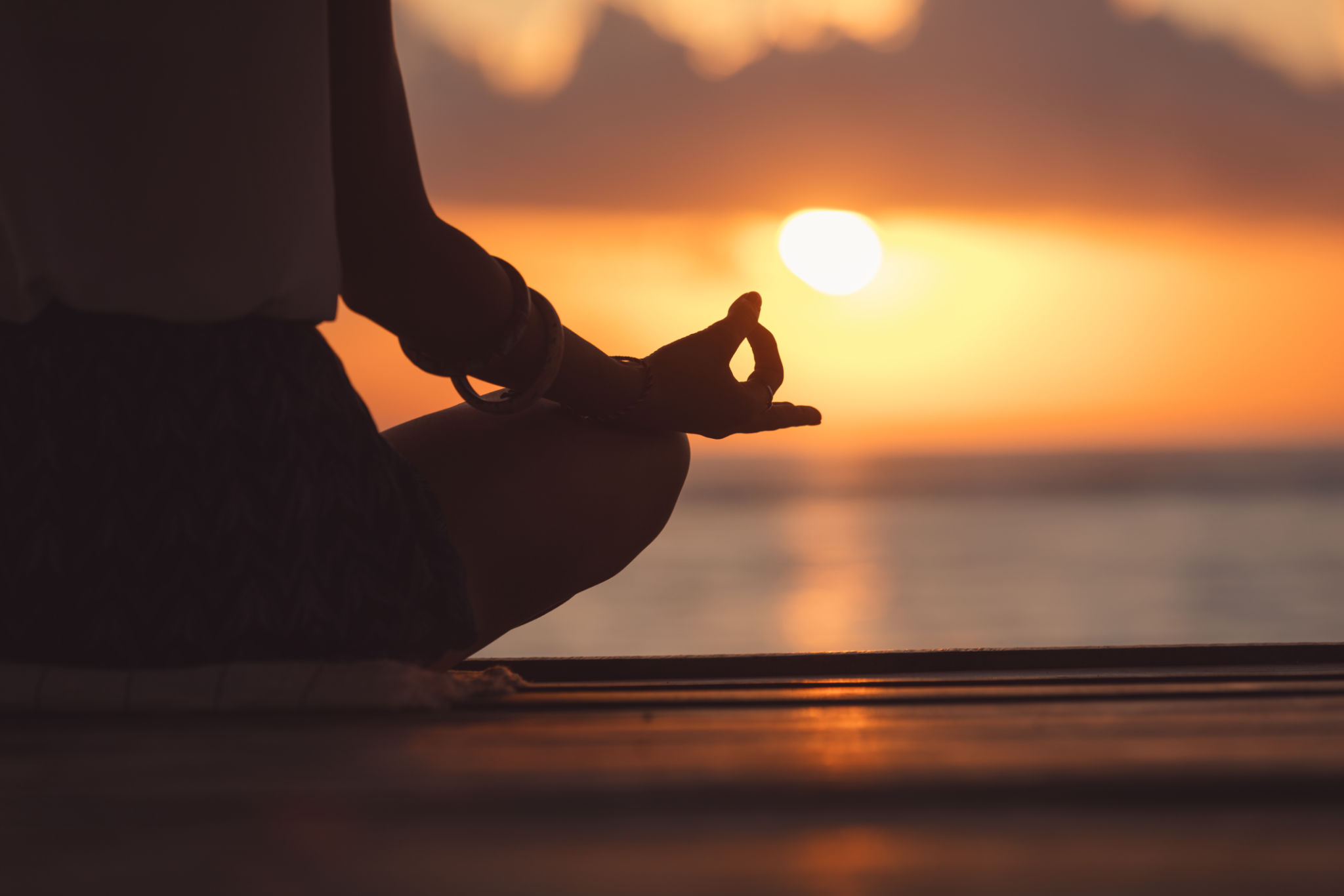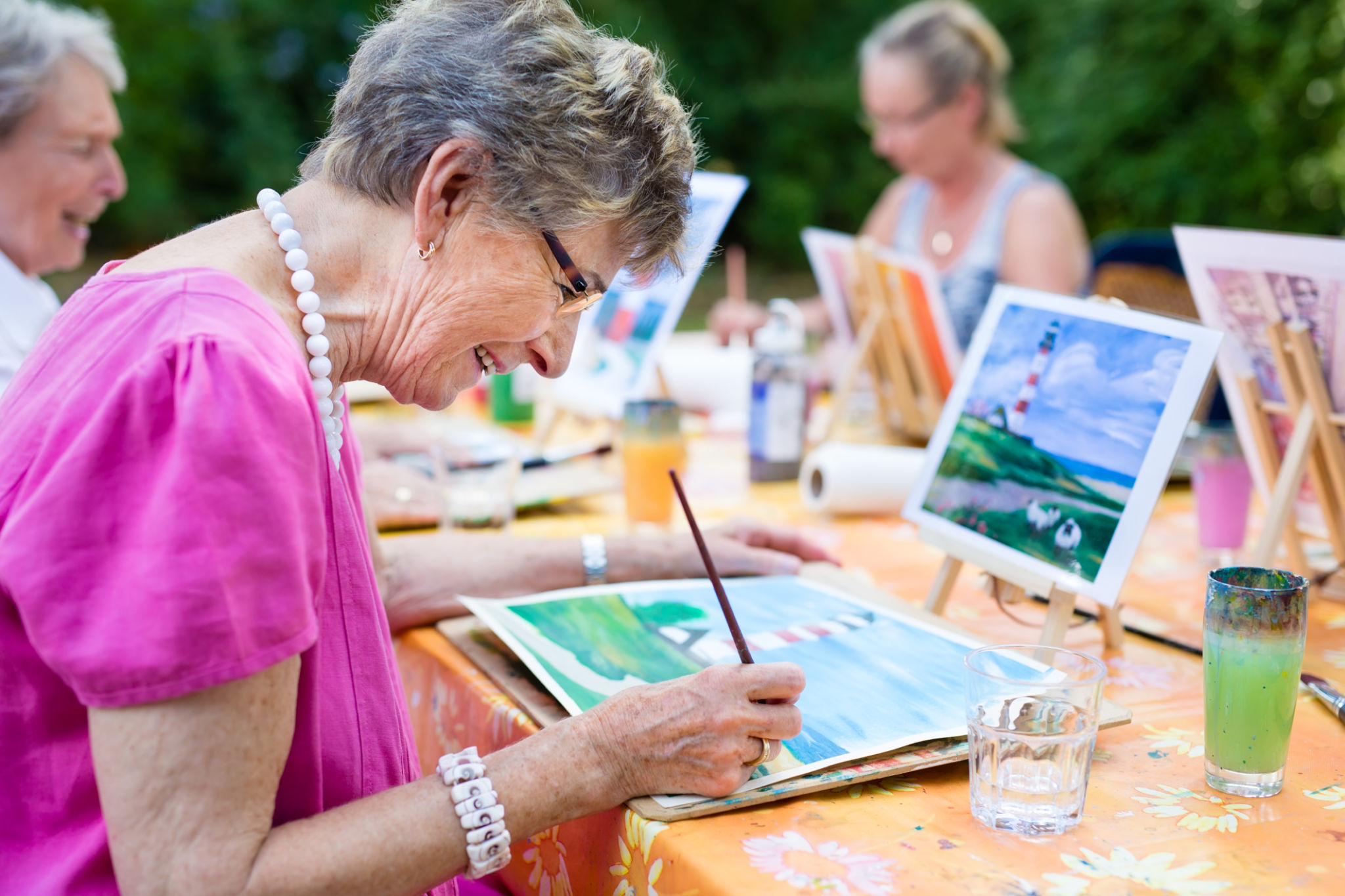Self-Care Tips for Abuse Survivors: A Guide to Healing
Understanding the Importance of Self-Care
Surviving abuse is a journey that requires immense strength and resilience. As survivors work towards healing, it’s essential to integrate self-care into daily routines. Self-care goes beyond pampering; it’s about nurturing your mental, emotional, and physical well-being. By prioritizing self-care, you can foster a healthier relationship with yourself and gradually rebuild a sense of normalcy.

Establishing Safe Boundaries
Setting boundaries is a crucial aspect of self-care for abuse survivors. Boundaries help create a safe environment where you can thrive and heal. Start by identifying what makes you uncomfortable or anxious, and communicate these limits clearly to those around you. Remember, it's okay to say no and prioritize your needs.
Practicing boundary-setting might feel challenging at first, but with time and consistency, it becomes an empowering tool for protecting your peace. Consider seeking support from a therapist who can guide you in developing healthy boundaries and assertiveness skills.
Embracing Mindfulness and Meditation
Mindfulness and meditation can be transformative practices for abuse survivors. These techniques encourage living in the present moment, helping to alleviate anxiety and reduce stress. Start small with just a few minutes each day, focusing on your breath and acknowledging your thoughts without judgment.

There are numerous resources available, from guided meditation apps to community classes, that can aid in building a consistent mindfulness practice. As you become more attuned to your inner world, you'll find greater peace and clarity in your healing journey.
Building a Support System
Having a supportive network is vital for abuse survivors. Reach out to trusted friends, family members, or support groups who can provide empathy and understanding. Sharing your experiences in a safe space can significantly reduce feelings of isolation and offer valuable insights from others who have walked a similar path.
- Join local or online support groups.
- Attend therapy sessions.
- Engage in community activities that promote healing.

Nurturing Your Physical Health
Your physical well-being is closely linked to emotional health. Regular exercise, a balanced diet, and adequate sleep are fundamental components of self-care. Find physical activities that bring you joy, whether it's yoga, dancing, or walking in nature.
Additionally, consult with healthcare professionals to address any medical concerns that may have arisen from past trauma. Taking care of your body reinforces the message that you deserve care and respect.
Cultivating Creative Outlets
Expressing yourself creatively can be an effective way to process emotions and foster healing. Consider exploring art forms like painting, writing, music, or crafting. These activities allow you to channel your feelings into something tangible and meaningful.
Creativity provides an opportunity for self-expression without the need for words, offering a therapeutic release that can be both cathartic and empowering.

Practicing Forgiveness and Compassion
Forgiveness in this context is not about pardoning the actions of abusers but rather releasing yourself from the burden of anger and resentment. Practicing self-compassion is equally important; acknowledge your progress and be gentle with yourself during setbacks.
Engaging in activities like journaling or speaking with a therapist can facilitate the process of forgiveness. Remember that healing is not linear, and it's okay to take time in finding peace within yourself.
Conclusion: Embracing Your Healing Journey
The journey to healing from abuse is deeply personal and unique to each individual. By incorporating these self-care strategies into your life, you can build a foundation of resilience and hope. Every small step taken towards nurturing yourself is a victory worth celebrating. Remember, you are not alone, and support is always within reach as you navigate this path to healing.